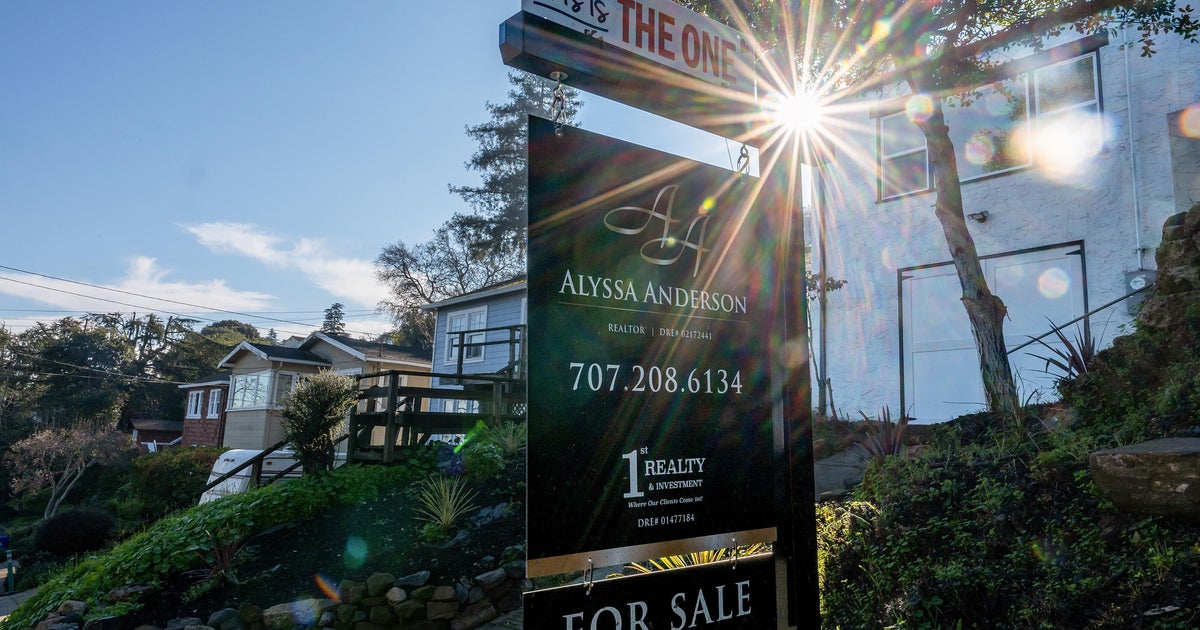Most say federal rules are necessary to ensure equal voting access — CBS News study
Most Americans decry the politicization of election and voting rules in the U.S., but at the same time, they echo the partisan rhetoric around voting access and security. And they differ in how much involvement they think the federal government should have in how states run elections.
As some state legislatures enact voting restrictions, and Democrats in Washington push for legislation increasing federal oversight of states' voting rules, a majority of Americans feel such oversight is indeed necessary today to make sure minorities have the same access to voting as White people do. But fewer think it's necessary today than when they look back at the 1960s.
The debate over federal oversight of the voting system echoes the debate over equal access in the 1960s. In 1965, the Voting Rights Act expanded federal oversight of state elections with the aim of reducing racial disparities in access to voting. At the time, about three in four Americans supported the law, according to a 1965 Gallup survey.
Looking back at the law now, Americans are more supportive of it: today, nine in 10 say it was necessary to pass back in the 60s, including large majorities across partisan, ideological, and racial lines.
Voters of color are especially likely to say that federal regulations are still necessary to ensure equal voting access. This sentiment mirrors larger concerns about access, with voters of color more likely than White voters to feel voting would become harder for them if more restrictions were put in place, such as curtailing early voting and limiting ballot drop boxes.
White Americans are more divided on the necessity of federal regulations today than they are on the 1965 Voting Rights Act, but this is driven by partisanship. Most White Democrats think federal rules are necessary today, while most White Republicans do not.
Most Republicans both feel that the 1965 Voting Rights Act was necessary in the 60s and that it's not necessary today to have federal rules to ensure equal access. This group is more likely than other Republicans to believe fraud was widespread in 2020 and that President Biden was not the legitimate winner.
Partisans also see their political fortunes as stake amid the debate surrounding voting rights. Republicans think Democrats will do better in elections if voting becomes easier. At the same time, Democrats think they'll suffer if it becomes harder to vote, and they believe many of their constituent groups, including Black Americans, would lose political power.
Differing views of what's wrong with the voting system reflect stark differences between parties, and differing views on whether there's need for federal oversight. Most Republicans are focused on security and most Democrats on access.
Those who say federal rules aren't still necessary tend to see ineligible people casting ballots and votes not being counted properly as major problems. Those on the other side of the issue are more likely to cite attempts to overturn election results, eligible voters being prevented from voting, and not enough places to vote.
That said, there's one issue most agree on. Two-thirds of Americans, including most Democrats and Republicans, say the politicization of election and voting rules poses a major problem.
Relatedly, half of Americans express a preference for nonpartisan officials to administer and supervise elections in their state, including setting up vote locations and counting ballots. This includes six-in-10 majorities of Democrats and independents, and a four-in-10 plurality of Republicans. Another quarter of Americans prefer a mix of Democratic and Republican officials.
The main reason given for both of these preferences is that it would better represent voters in the state. Very few voters, partisans included, express a preference for a solely Democratic or Republican body to be in charge of elections in their state.
This is part of a series of reports from a new CBS News study on America's elections and voting process. The study is based on several data sources: a national survey, voter file data, and certified election results. The survey includes an oversample of over 2,000 validated voters who were matched to voter files confirming their vote history. We also reference academic work and data journalism by other researchers on voting rights and election administration.
The survey was conducted by YouGov using a nationally representative sample of 2,664 U.S. residents interviewed between July 6-15, 2021. Of the 2,065 self-reported voters in the sample, 2,023 were matched to voter files and confirmed as having voted. The sample was weighted according to gender, age, race and education based on the American Community Survey, conducted by the U.S. Bureau of the Census, as well as the 2020 presidential vote and registration status. The margin of error is ±2.7 points for the total sample.











